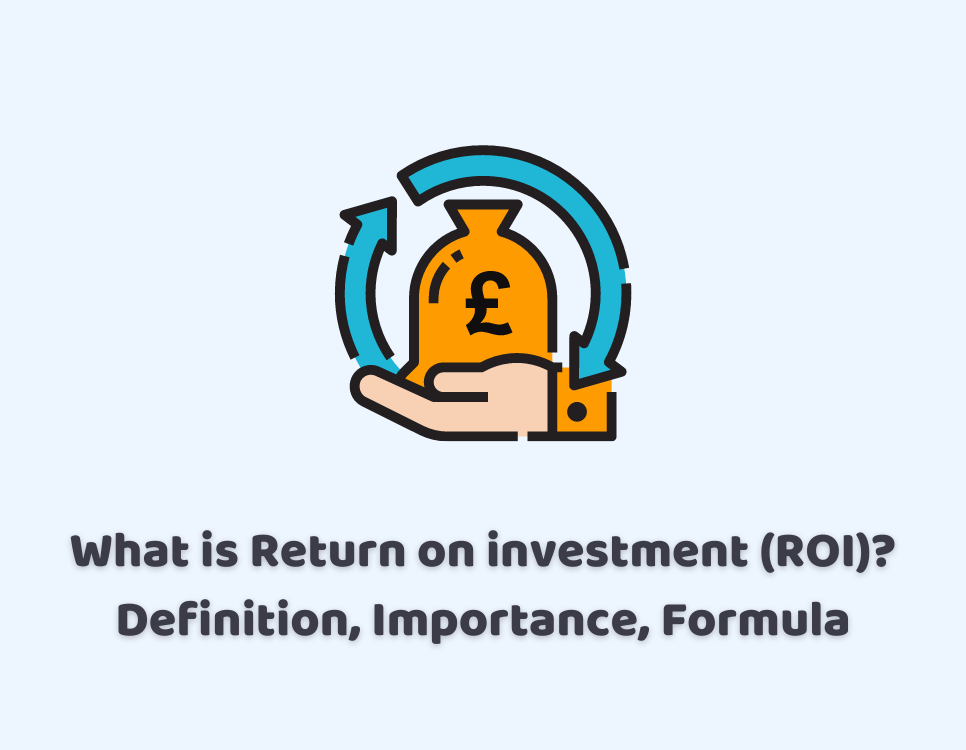17/11/2021Accounting , Business , Finance
If you are looking for a metric to measure the profitability of your investment, Return on Investment (ROI) is the way to find out. It is the ratio that shows the financial benefit you earned against a particular investment. In simple words, it compares the cost of investment and the return you get to evaluate …
Read more

